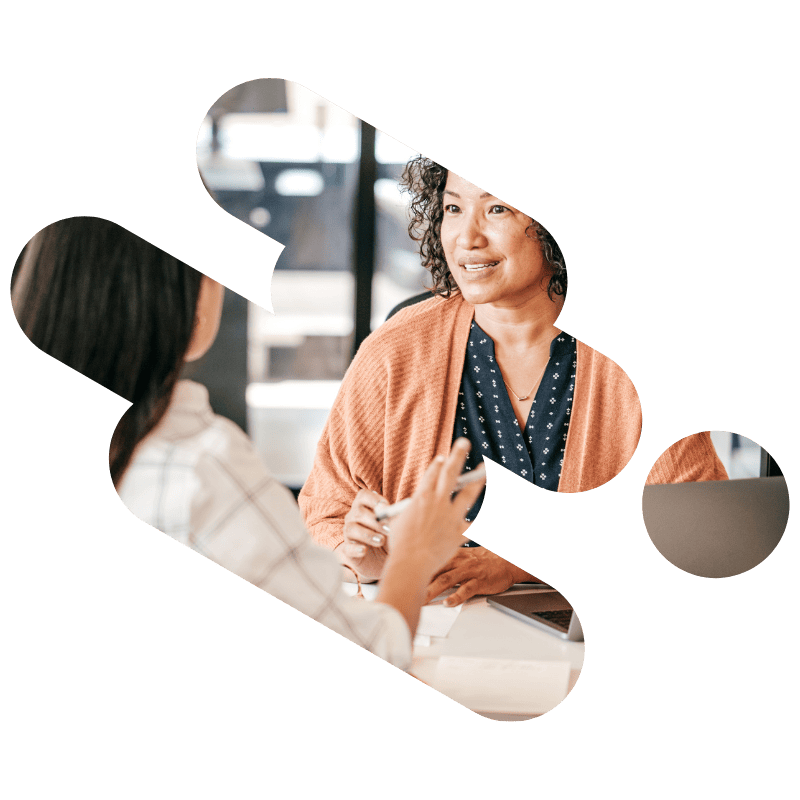At Beyond the Professoriate, we help graduate students and PhDs thrive in today’s fast-changing economy.
Job Search the Smart Way provides tips and strategies for embarking on the next great phase of your career with confidence. Listen to the podcast to learn more about career options for PhDs, what a nonacademic job search really entails, and the psychological barriers PhDs often encounter in a career transition.
Your host, Dr. Maren Wood, is Founder of Beyond the Professoriate, a career coach and international keynote speaker.
Most Popular Episodes
EPISODE 34: How to network when you don’t have a network
Networking is one of the most important ways to explore career options and land jobs. But it can be intimidating and overwhelming, especially if you don’t have a network. How do you build a network if you don’t have a network? In this episode, Maren shares tips and strategies you can use to help graduate students, PhDs, and alumni, build authentic networks so that they can identify career options, land opportunities, and build meaningful careers.
EPISODE 1: Why we fear we won’t be happy outside of academia
In this introductory episode, Maren talks about her journey from graduate school to leaving academia and starting her own successful business. Walking away from her dream — of becoming a professor — was not an easy decision for Maren. Like so many PhDs, she worried about being unfulfilled and unhappy in a nonacademic job. Now, 8 years later, she has a different perspective on what was truly holding her back.

